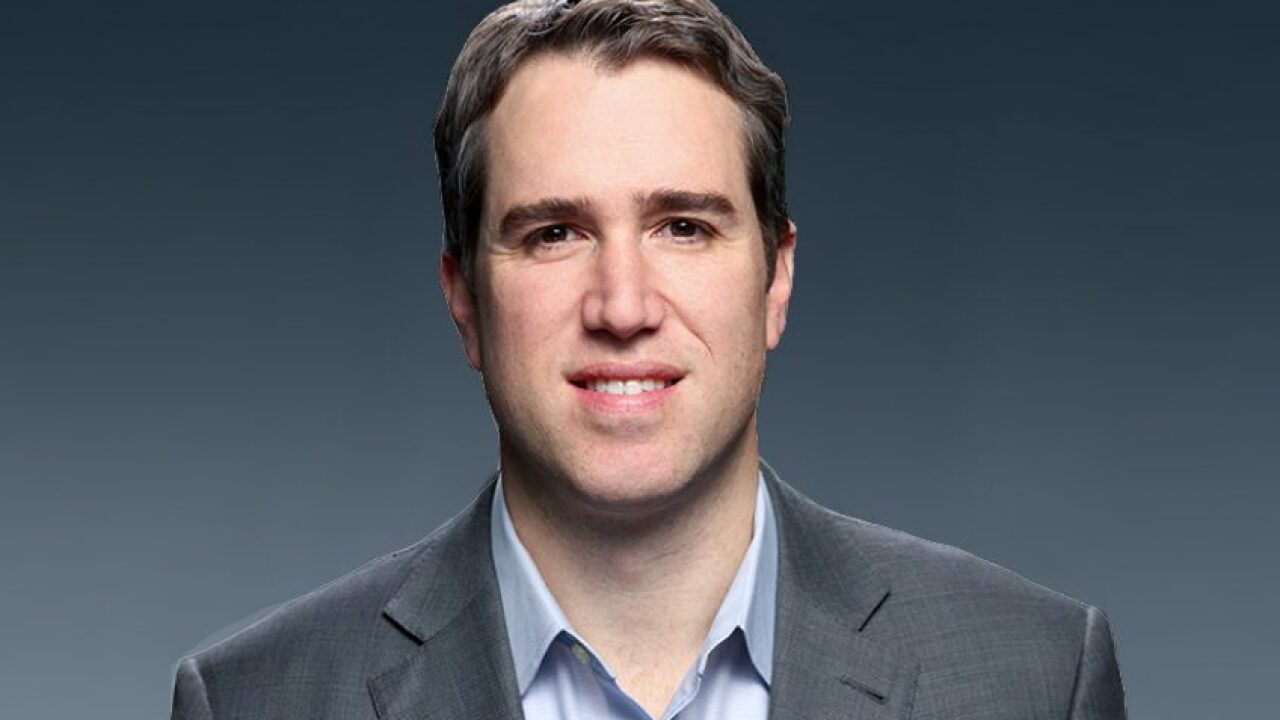Longer working lives will help most people maintain their overall well being. Did you digest that? I didn't make it up. It's a conclusion drawn by the Center for Retirement Research at Boston College and is the work of Esteban Calvo who took a very close look at how work at older ages affects health. In fact, the title of the piece from the Center probably says it all: "Does Working Longer Make People Healthier and Happier?"
Calvo decided to answer this question as the follow-up to the fact that while it is clear working longer would benefit older Americans financially, there was less attention focused on the non-monetary effects of work at older ages. Accordingly, he addressed the impact of "late-life paid work on physical and psychological well-being."
Without getting too immersed in the methodology used, suffice to say that the Center used longitudinal data drawn from the Health and Retirement Study and the RAND-HRS database. The sample analyzed was composed of individuals aged 59 to 69 who were working, or not working, in the year 2000 and who were still alive in 2002. The study enabled the Center to determine whether health problems cause cessation of work or continued work causes better health. It concentrated on the latter. For the most part, the analysis showed that paid work at older ages reduced the probability of reporting fair/poor health by some six percent. [Of course, clearly undesirable jobs are those that have excessive demands or otherwise cause dissatisfaction. As Calvo notes, they are the type of jobs that people would probably not choose voluntarily.]
The Center says that studies of healthy aging suggest, for many individuals, working to an older age could have a number of positive physical and psychological effects. The primary reason is that opportunities for active engagement tend to decline in later life and this trend tends to adversely impact overall well-being.
Calvo points out that since most jobs require workers to engage in a number of productive and social activities, working longer might bring a number of benefits associated with these activities. "Actually, prolonged employment during later life allows many older workers to continue doing activities similar to those performed in middle age. In this sense, working longer appears to be helpful in maintaining meaning and a sense of purpose in life, as well as adapting to aging."
Basically, he concludes that while working longer seems beneficial for most people, it will likely have negative consequences for some; the type of job, as indicated before, is still a critical factor.
Another critical factor, he says, is the opportunity to continue working. Older workers may be willing to prolong paid work, but in order to find a job, they need to be able to work and have a real demand for their labor.





